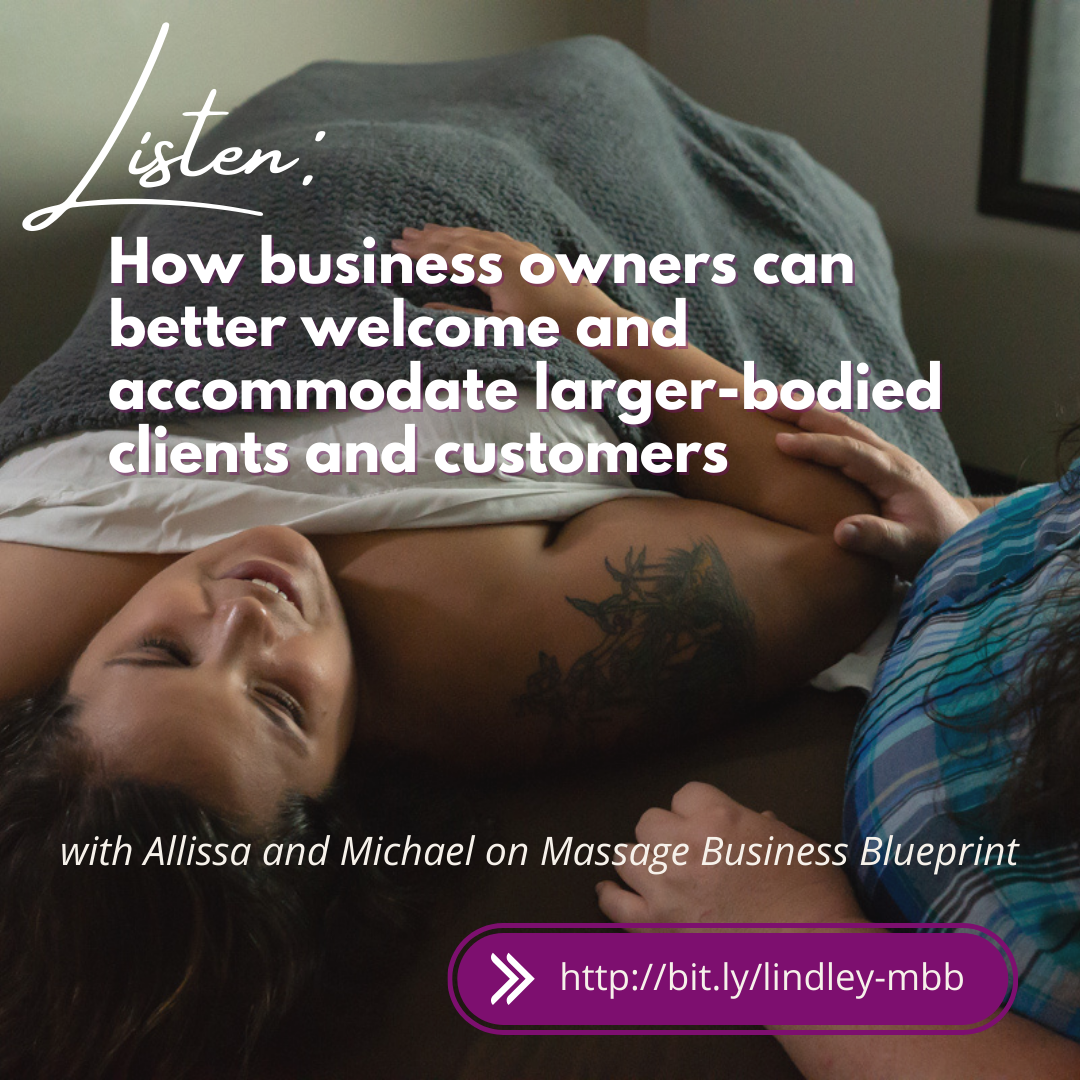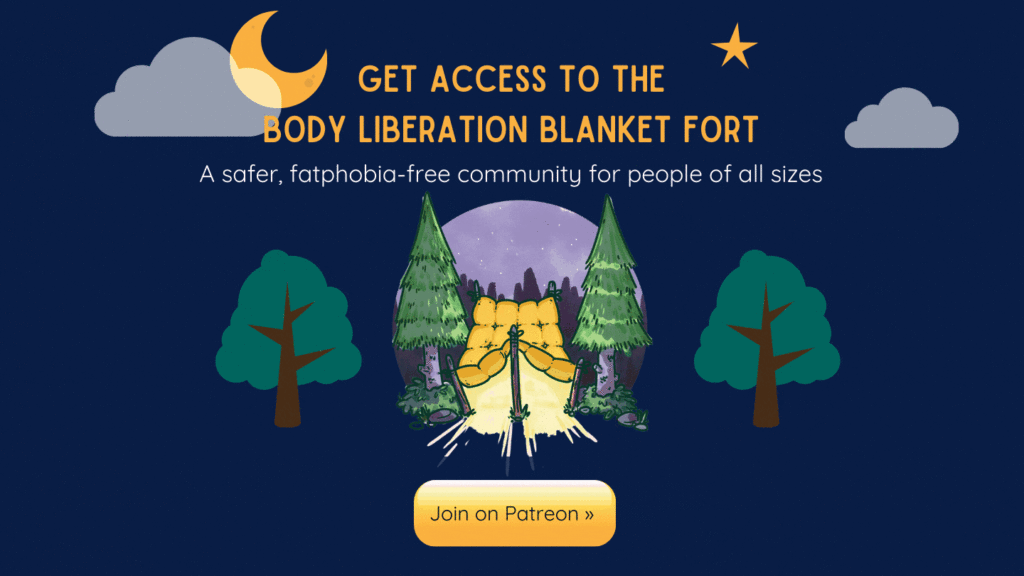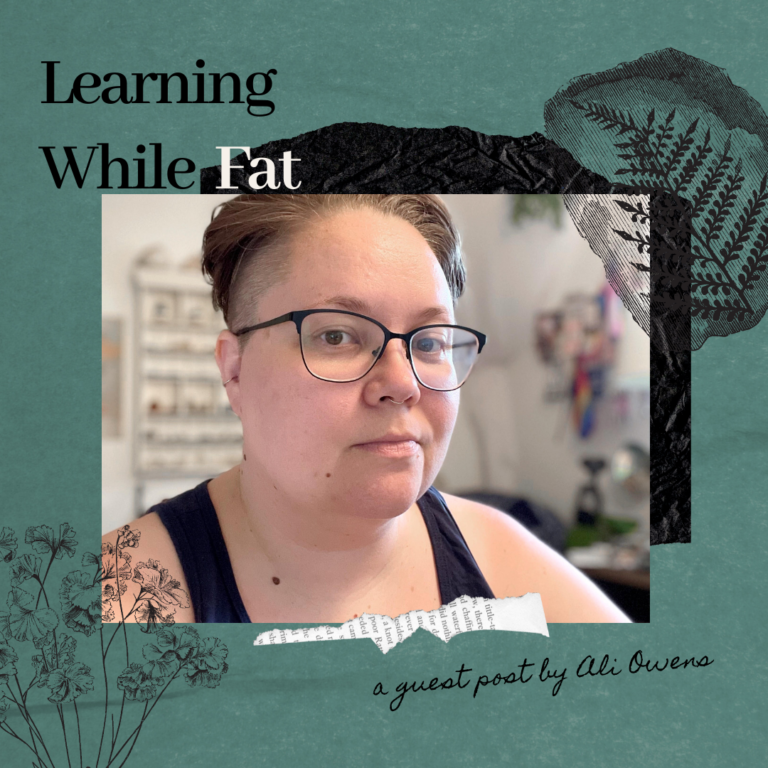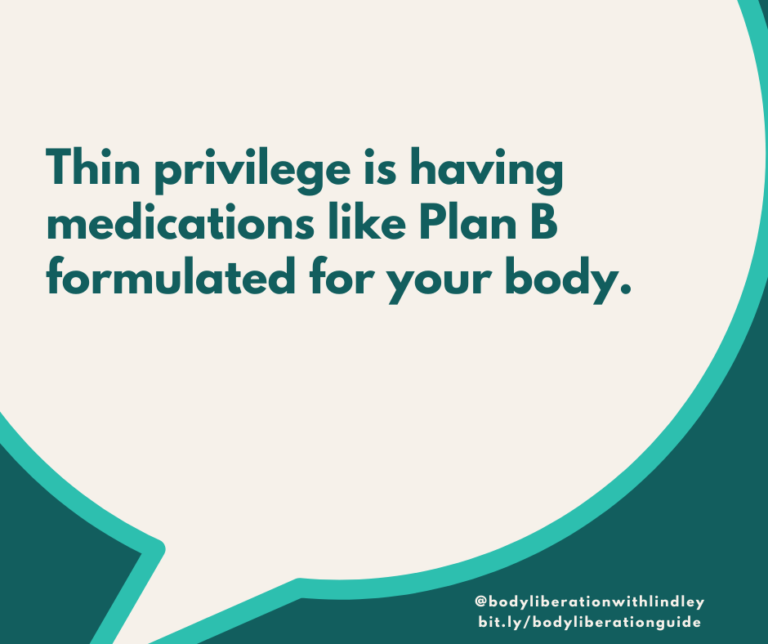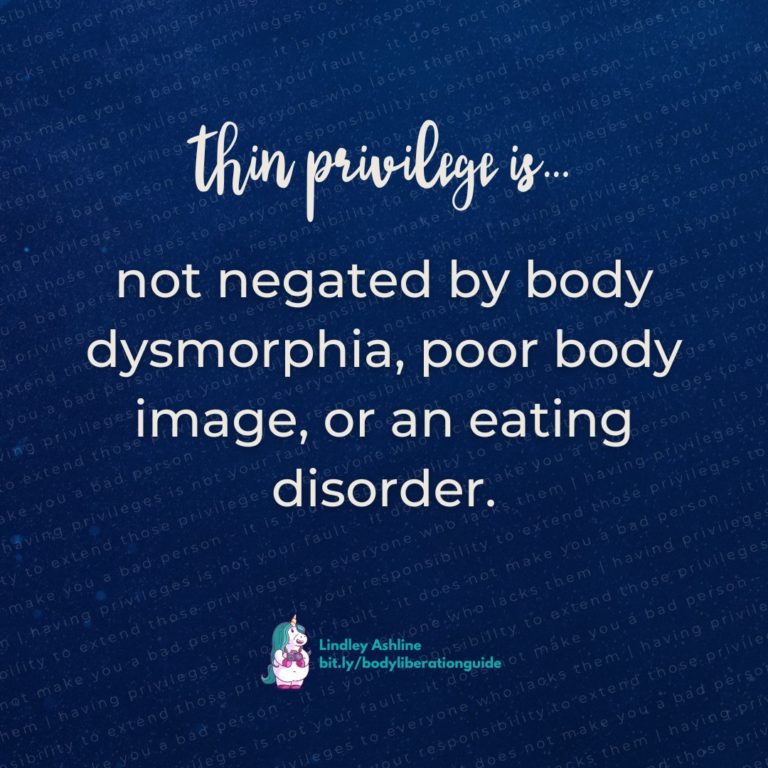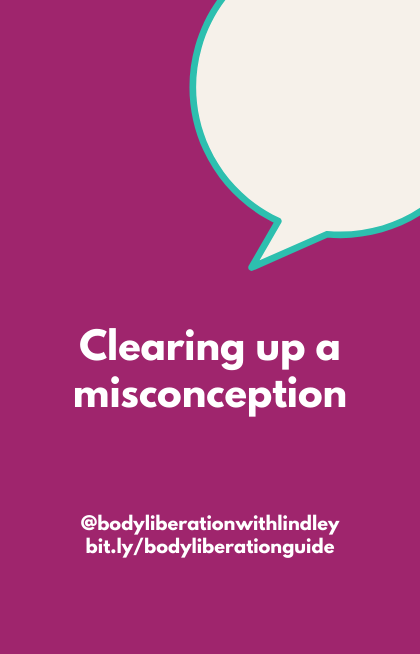Listen: Lindley on how businesses can welcome larger bodies on Massage Business Blueprint
I love digging in and talking about the practical aspects of body liberation, especially when it comes to running a business. On Massage Business Blueprint, Allissa, Michael and I discuss how all types of brick-and-mortar businesses can attract and welcome fat folks as customers and clients, including:
- How to talk about fat bodies (fat? larger bodied? overweight?)
- Whether you should worry about offending potential customers
- The nitty-gritty of making your physical spaces accessible to fat folks
- How to make it clear in your marketing that you’re fat-friendly
- Using diverse and body-positive stock photos to represent your commitment to inclusion
Listen to the episode below, and find a full transcript on the Massage Business Blueprint website.
Excerpt from the Full Transcript
Lindley Ashline:
Well, before I dive into it, I do want to establish that I use the word fat a lot. And when I’m using the word fat, I’m using it as a neutral descriptor like I might say that I am of average height. I currently have bright pink hair. I live in Seattle. These are all neutral facts about me. And the size of my body is also neutral. And I am one of many people who have reclaimed the word fat as a neutral descriptor. You do not have to use it for yourself, you do not have to use it for your clients, but I just want you to know that when I’m using that word, I’m not using it as an insult.
Allissa Haines:
So how should a straight size person like me… Is that even the right terminology? And I realized when I was doing that in your bio, I totally moved quickly over the word fat, because I was super uncomfortable saying it. Is that something I should just get more used to saying or should I not, because I am not a fat person? What do you think?
Lindley Ashline:
That’s a fascinating question and I’m getting it a lot. So I’m actually going to be doing a video on that very soon. It’s a really tricky question because the word fat is historically used as an insult. And unless I already know that… Allissa, I’m just going to pick on you for a second.
Allissa Haines:
Yep.
Lindley Ashline:
Unless I already know that you, Allissa, are a person who is safe to be around or who is a person that I know isn’t using it as an insult. I don’t really have any way to know, unless… And it’s different if it’s someone who is in a fat body who I know uses that for themselves and is also using it to talk about other people of that size. So there’s a certain amount of overcoming your own discomfort with that word and with fat bodies too. I want to talk about that a little more later.
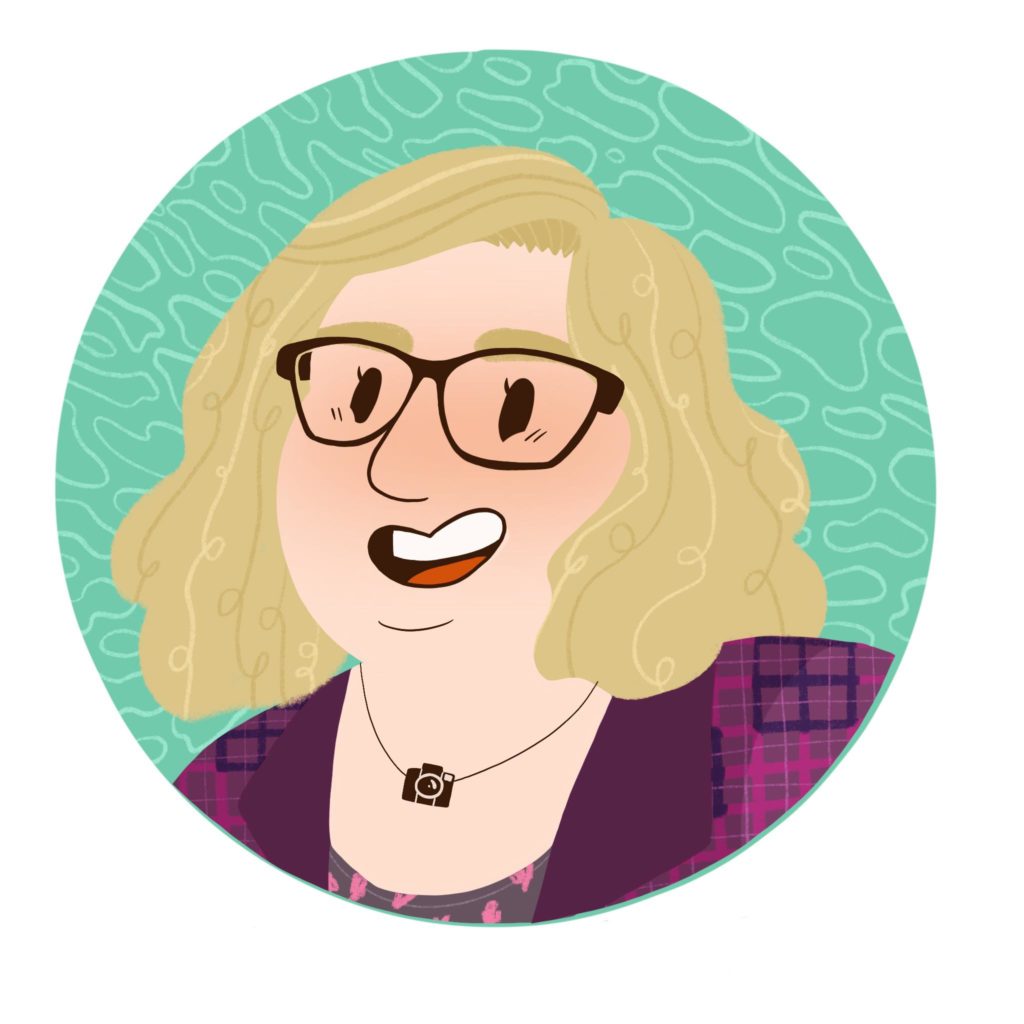
Every Monday, I send out my Body Liberation Guide, a thoughtful email jam-packed with resources on body liberation, weight stigma, body image and more. And it’s free. Let’s change the world together. Subscribe »
Lindley Ashline:
So there’s a certain amount of interrogating like why are you uncomfortable with the word? And of course, the answer is that it has been used to oppress people. So that discomfort is logical and realistic. But as far as using it for other people, you do have to be kind of cautious if you’re in a thin body, or a thinner body. Because also, just because if I am a random person who lives in a fat body, I may or may not resonate with that word. I might see it as an insult. I might not have reclaimed that.
Lindley Ashline:
But I also get this question a lot from other healthcare providers, doctors, and so on. How do I speak respectfully about fat bodies without looking like I’m insulting them? And generally, what I tell people is find a phrase that you’re comfortable with that’s sort of a middle path. You can say people in larger bodies, you can say higher weight people. You can say people at the larger end of the size spectrum. Generally, I see people using larger bodies as a term. And if you ask 10 fat people what they would prefer for you to use, you’ll get 15 answers.
Allissa Haines:
Nice.
Lindley Ashline:
So you are never… Just like with any population. In fact, people are not a monolith. You’re never going to please everybody. Just like when I use the word straight size or thin, not everybody is going to appreciate me using those terms. So if I know that a specific person does not want to be referred to as fat, of course I would not do that. And the same would be, say someone in a larger body tells you, “Oh, I find that term really oppressive.” You would try not to use it for that specific person and just respect individual people where you can.
Lindley Ashline:
But generally, people in larger bodies, higher into the weight spectrum, those things are okay. I would caution against use saying the words overweight and obese, and obesity, because those are… When we talk about overweight, over what weight? Over what? We don’t refer to people in other sizes of bodies as being aberrant or not meeting some imaginary standards. So overweight is a prejudice term. And obese and obesity are what we call medicalized terms. They present my body size as a medical condition. So they are medicalizing. And that is directly oppressive because it increases weight stigma and increases the mistreatment of fat bodies. So those are three terms that you will definitely want to avoid using.
Allissa Haines:
Okay. But I can feel comfortable that I have good intent and good delivery by saying larger bodies. I’m going to get comfortable.
Lindley Ashline:
Yeah. That’s a good middle way.
Hi there! I'm Lindley. I create artwork that celebrates the unique beauty of bodies that fall outside conventional "beauty" standards at Body Liberation Photography. I'm also the creator of Body Liberation Stock and the Body Love Shop, a curated central resource for body-friendly artwork and products. Find all my work here at bodyliberationphotos.com.

